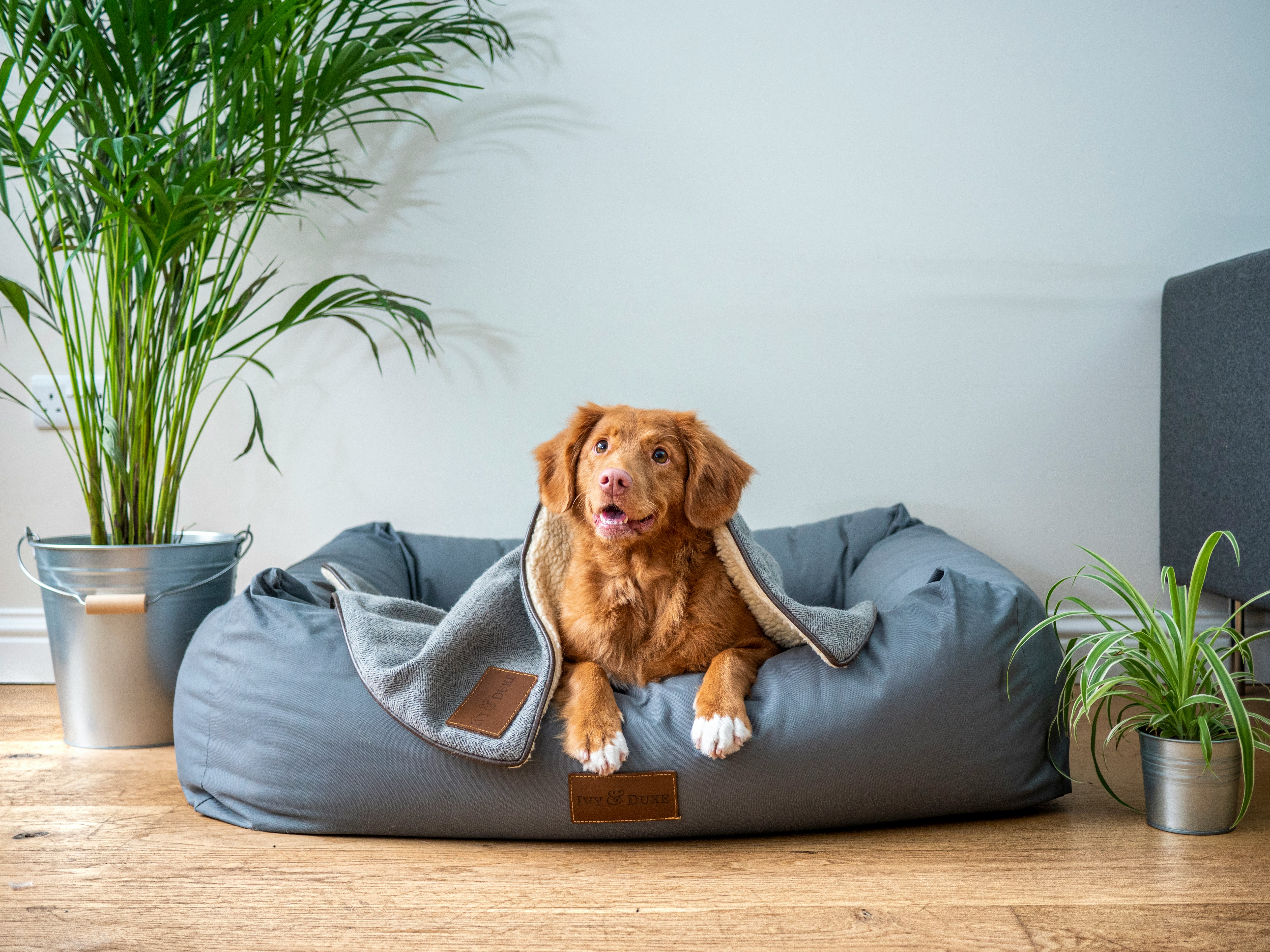Understanding the Need for Sleep Aids During Travel
Traveling can be an unsettling experience for dogs, often resulting in elevated levels of stress and anxiety. Various factors contribute to this discomfort, such as unfamiliar environments, loud noises, and disruptions to their usual routines. For many dogs, being confined to a car, airplane, or train for extended periods can exacerbate these feelings of unease. Consequently, some pet owners contemplate the use of sleep aids to help their canine companions rest easier during travel.
Anxiety is one of the primary reasons dogs may struggle to sleep while traveling. The unfamiliar sights, sounds, and smells can create a sense of uncertainty and fear, making it difficult for them to relax. Additionally, changes in routine, such as altered feeding and walking schedules, can disrupt their natural sleep patterns. This heightened state of alertness and unease can prevent dogs from getting the rest they need, leading to increased stress levels.
Employing sleep aids can offer several benefits in these situations. Firstly, ensuring that your dog gets adequate rest can significantly reduce their stress and anxiety levels. A well-rested dog is more likely to remain calm and composed, which can make the journey more pleasant for both the pet and the owner. Moreover, sleep aids can help prevent travel-induced fatigue, allowing your dog to feel more energized and less irritable upon reaching the destination.
It is also worth noting that a relaxed and well-rested dog is less likely to exhibit problematic behaviors during travel, such as excessive barking, whining, or restlessness. This can contribute to a smoother and more enjoyable travel experience for everyone involved. By addressing the need for sleep aids, pet owners can proactively manage their dog’s travel-related anxiety, ensuring a more comfortable and stress-free journey.
Safe Over-the-Counter Options
When traveling with a dog, ensuring their comfort and well-being is paramount. Several over-the-counter (OTC) options can help your dog relax and sleep during travel, making the journey less stressful for both of you. Among these options, melatonin, calming treats, and herbal supplements are commonly recommended.
Melatonin is a naturally occurring hormone that regulates sleep-wake cycles. It can be an effective sleep aid for dogs experiencing anxiety or restlessness during travel. The typical dosage for dogs ranges from 1 to 6 milligrams, depending on the dog’s size and specific needs. It’s crucial to consult with your veterinarian for precise dosage recommendations, as excessive melatonin can lead to side effects such as digestive upset or increased heart rate.
Calming treats are another popular OTC option. These treats often contain ingredients like chamomile, L-theanine, and valerian root, which have calming properties. They are designed to be palatable and easy to administer. Dosage guidelines are usually provided on the packaging, but it’s always wise to start with the lowest recommended dose and observe your dog’s response.
Herbal supplements can also be beneficial. Products containing ingredients like passionflower, ginger, and lavender are known for their soothing effects. These supplements come in various forms, including capsules, powders, and liquid drops. As with any supplement, it’s important to follow dosage instructions carefully and monitor your dog for any adverse reactions.
While these OTC sleep aids can be helpful, it’s vital to prioritize safety and consult with a veterinarian before administering any new product to your dog. A veterinarian can provide tailored advice based on your dog’s health history, weight, and any existing conditions, ensuring that the chosen sleep aid is both safe and effective. This approach minimizes risks and enhances your dog’s comfort during travel.
Prescription Medications and Their Uses
For dogs experiencing severe anxiety or sleep issues during travel, over-the-counter options may prove insufficient. In such cases, veterinarians might recommend prescription medications to ensure the well-being of your pet. These medications typically fall into two categories: tranquilizers and sedatives. Both types serve to calm your dog and promote sleep, but they function differently and must be used under veterinary supervision.
Tranquilizers, such as acepromazine, help to reduce anxiety by relaxing the muscles and inducing a state of calm without directly causing sleep. They are particularly useful for dogs that are highly anxious or agitated during travel. However, tranquilizers do not have a direct sedative effect, meaning they won’t necessarily make your dog drowsy.
Sedatives like diazepam or alprazolam, on the other hand, not only alleviate anxiety but also induce sleep. These medications act on the central nervous system, making them highly effective for dogs that need both anxiety relief and a good night’s sleep during travel. While sedatives can be extremely beneficial, they must be administered with caution due to their potent effects.
Potential side effects of these medications can vary. Common side effects include drowsiness, lethargy, and in some cases, gastrointestinal upset. More severe reactions, though rare, can involve changes in heart rate, respiratory issues, or allergic reactions. Therefore, it’s crucial always to seek a veterinarian’s guidance before administering any prescription medication to your dog. The vet will conduct a thorough examination to determine the most suitable medication and dosage, taking into account your dog’s health history and specific needs.
In conclusion, while prescription medications like tranquilizers and sedatives can be highly effective for managing severe anxiety and sleep issues in dogs during travel, they should be used judiciously and under professional supervision. Always consult your veterinarian to ensure the safety and well-being of your furry companion.
Natural and Behavioral Alternatives
When considering how to help your dog sleep while traveling, it’s important to explore natural and behavioral alternatives in addition to medications. Crate training is a highly effective strategy that can provide a sense of security and familiarity for your dog. A well-sized crate gives your pet a personal space where they feel safe, reducing stress and promoting relaxation. To make the crate more inviting, consider adding a favorite toy or blanket with familiar scents.
Calming pheromone diffusers are another excellent option. These devices release synthetic versions of natural calming pheromones that dogs produce. These pheromones can help reduce anxiety and create a more peaceful travel environment. They are available in various forms, including sprays and plug-in diffusers, making them versatile for different travel situations.
Gradual desensitization is a behavioral strategy that can significantly reduce travel anxiety over time. Start by familiarizing your dog with the travel environment in small, manageable steps. Allow your pet to spend time in the car or crate without going anywhere, gradually increasing the duration. Pair these sessions with positive reinforcement, such as treats or affection, to create a positive association with the travel experience. This approach helps build your dog’s confidence and reduces anxiety during actual travel.
Creating a calming travel environment often requires a holistic approach, blending various natural and behavioral strategies. For example, playing soothing music specifically designed for dogs or using natural remedies like lavender oil can further enhance relaxation. Ensuring your dog is well-exercised before travel can also help them settle down more easily.
By combining these natural and behavioral methods, you can create a comprehensive plan that addresses your dog’s needs holistically, ensuring a more comfortable and restful travel experience.





